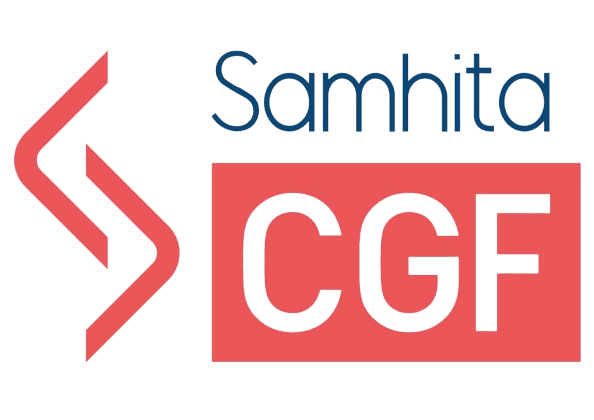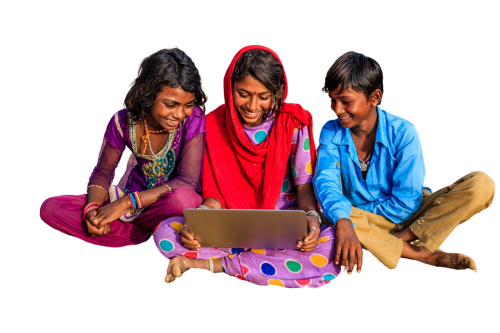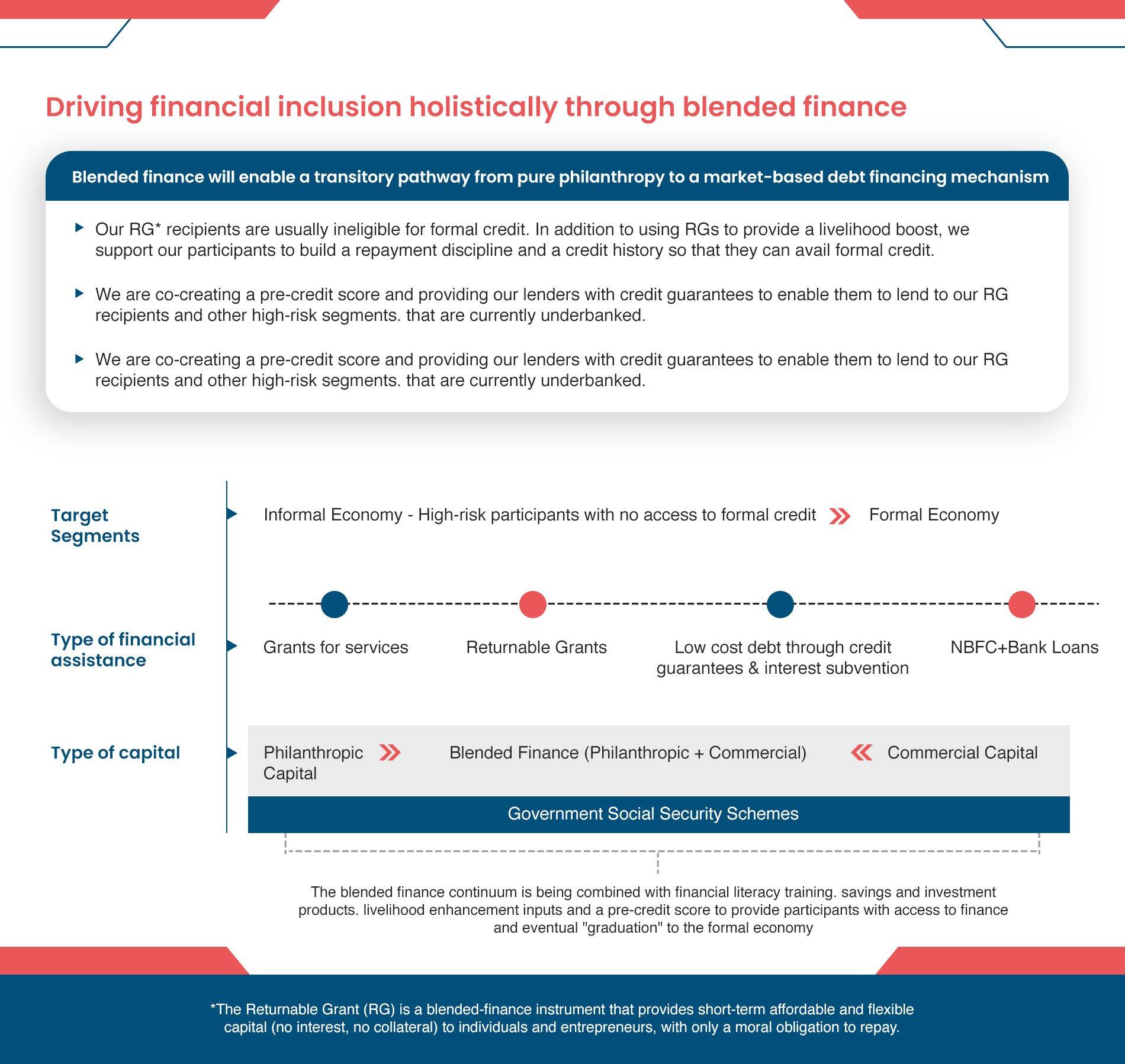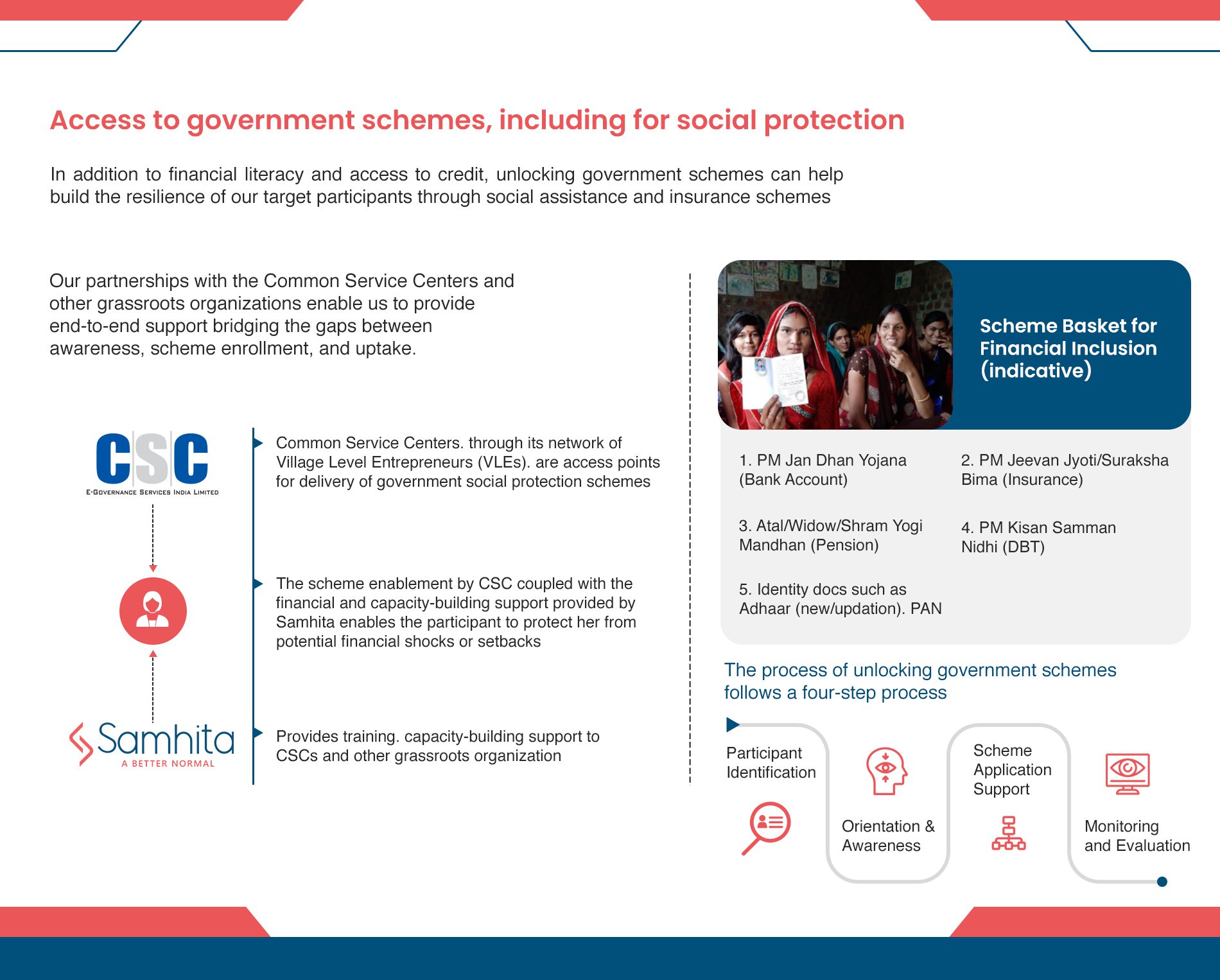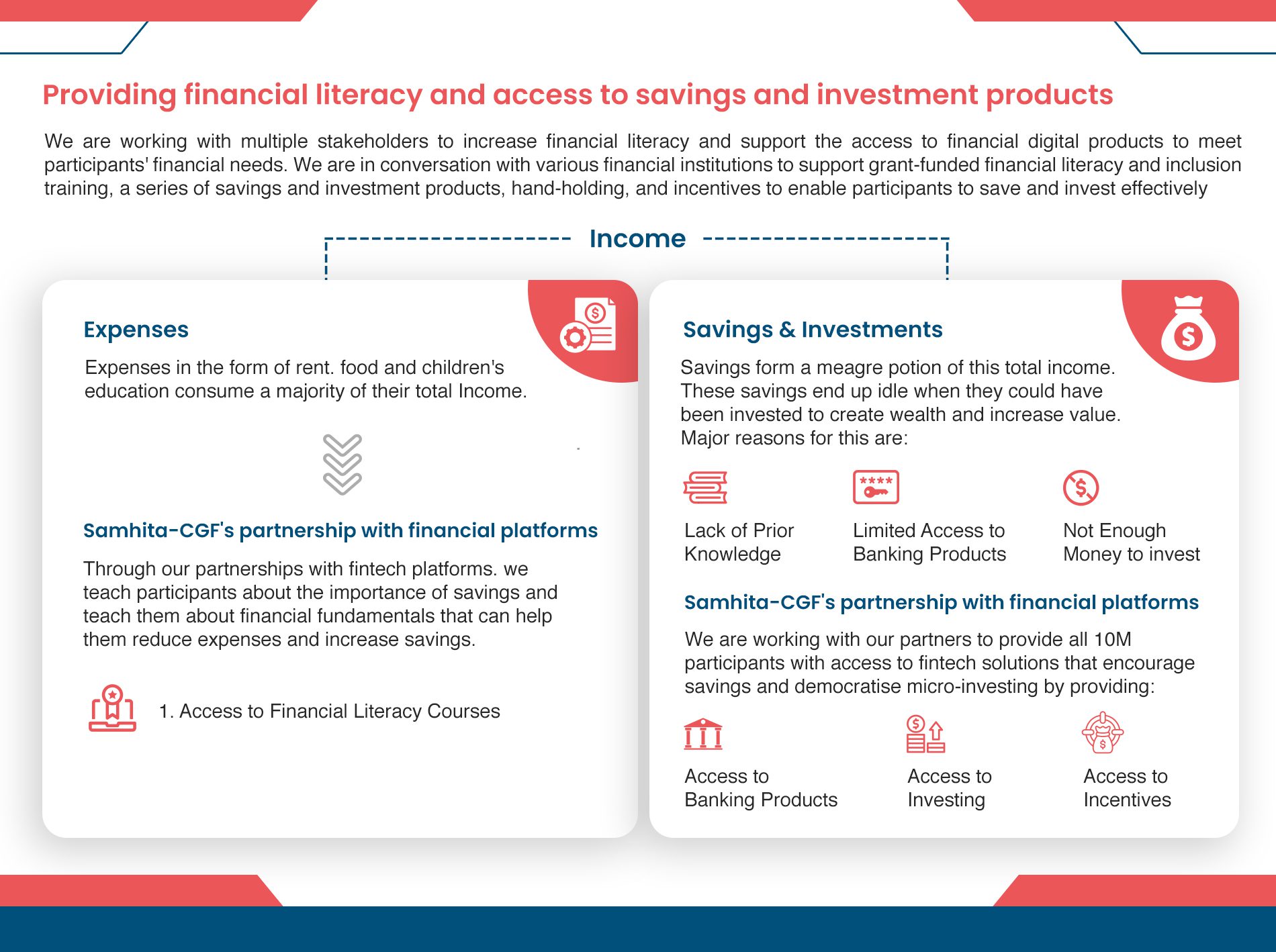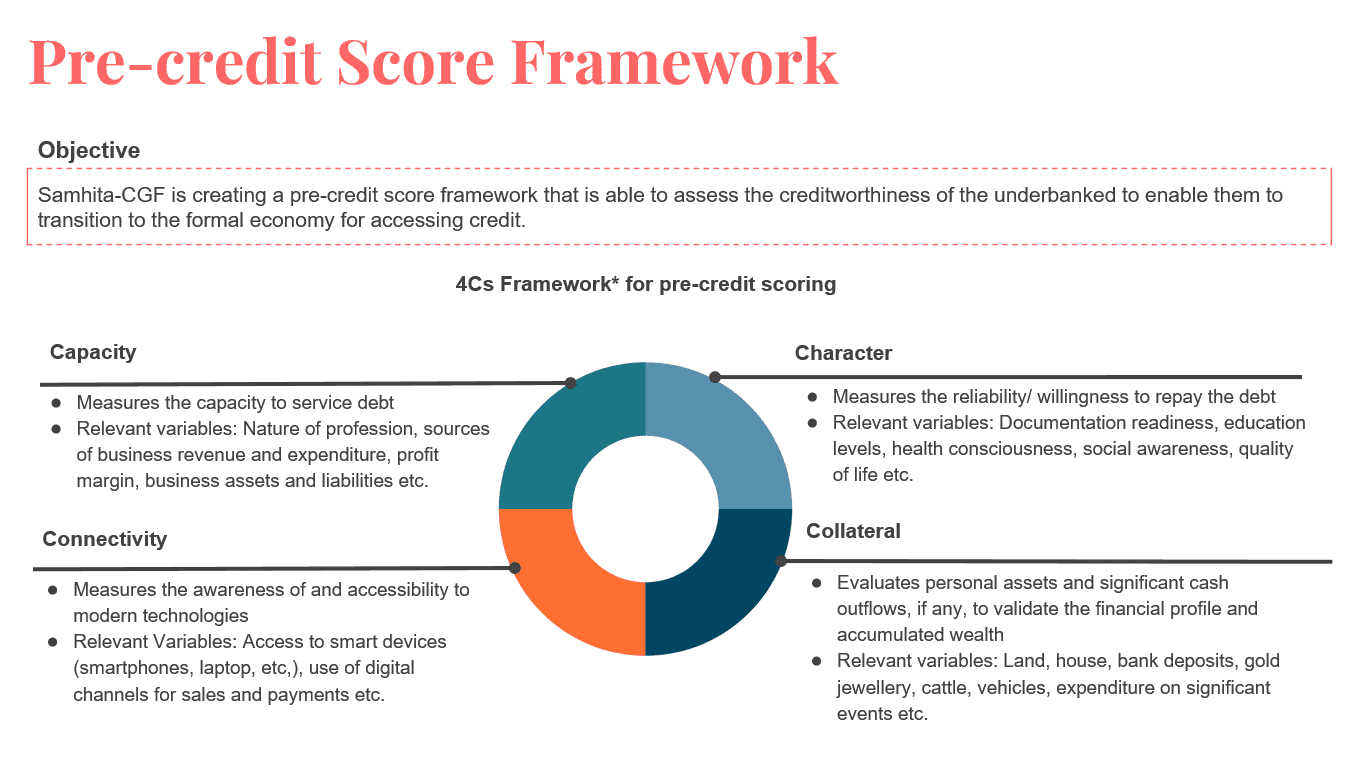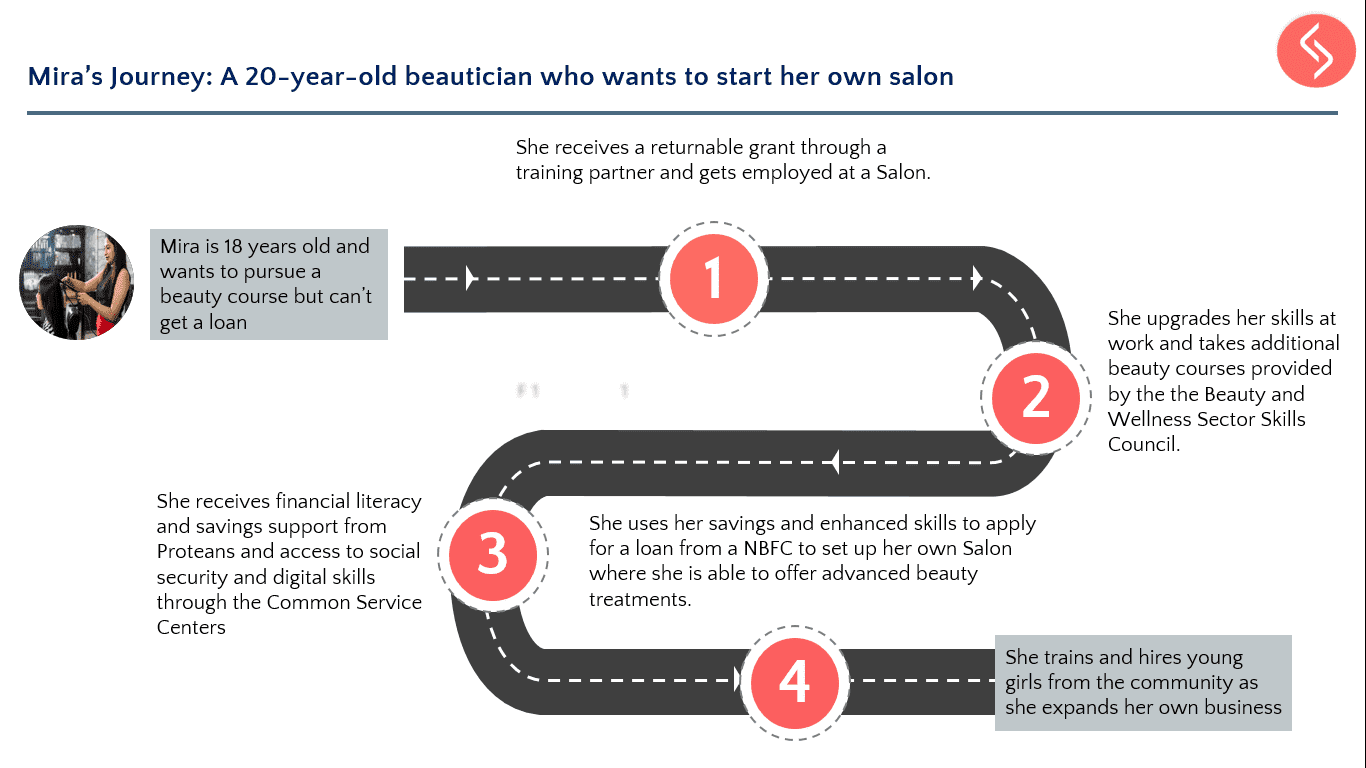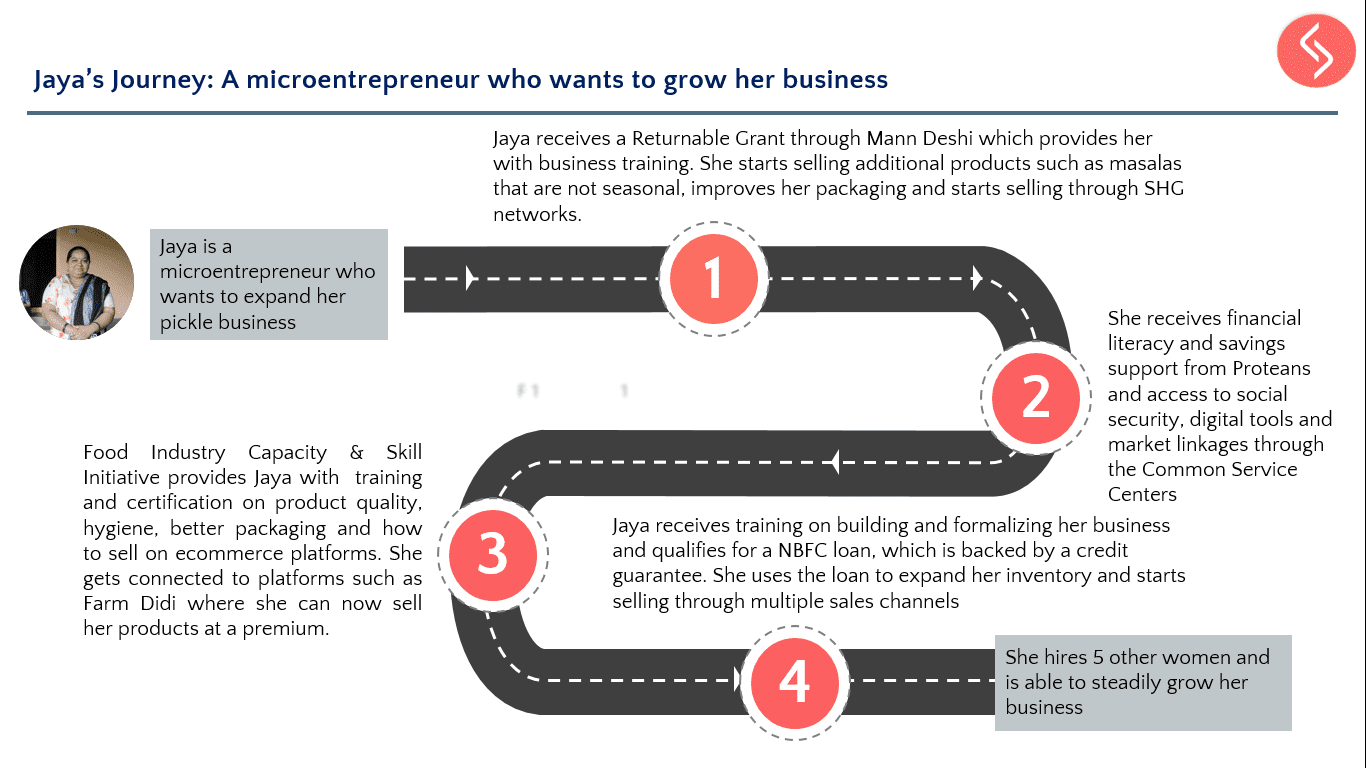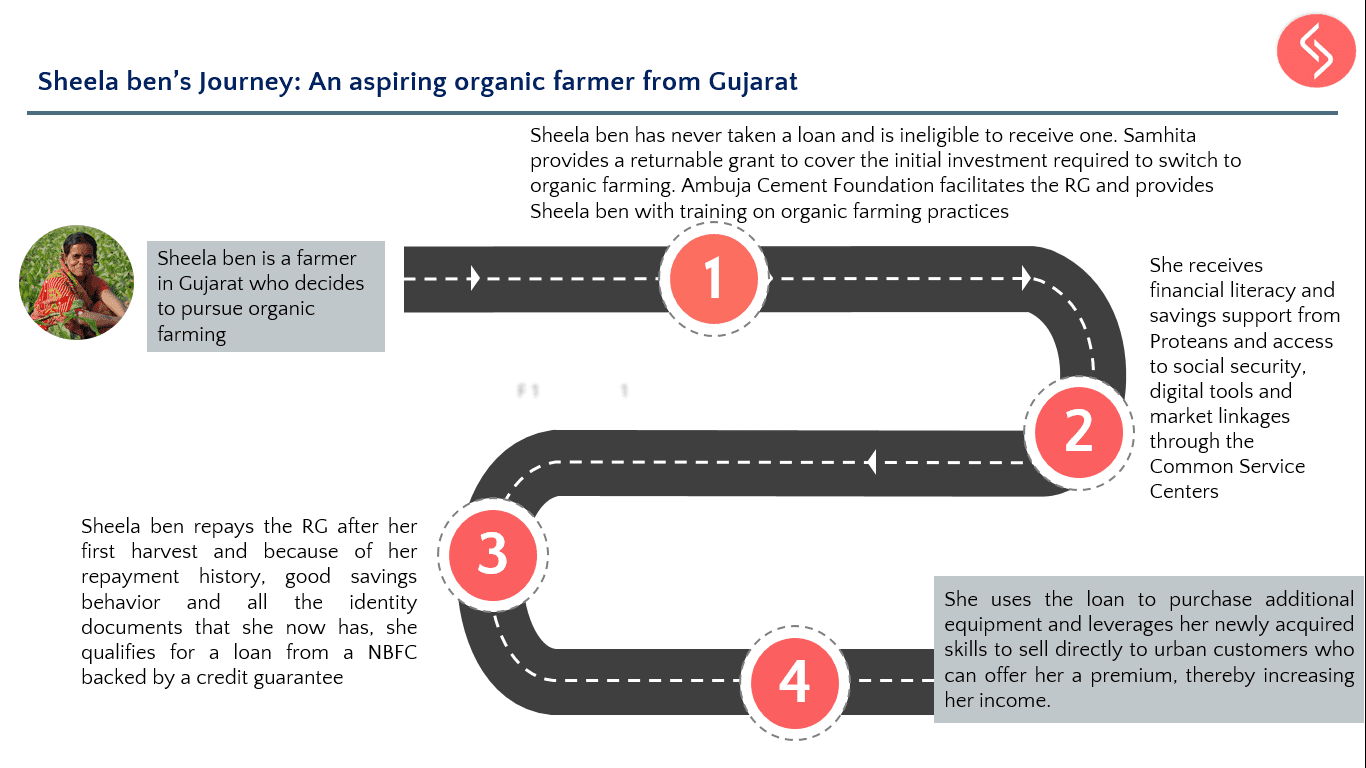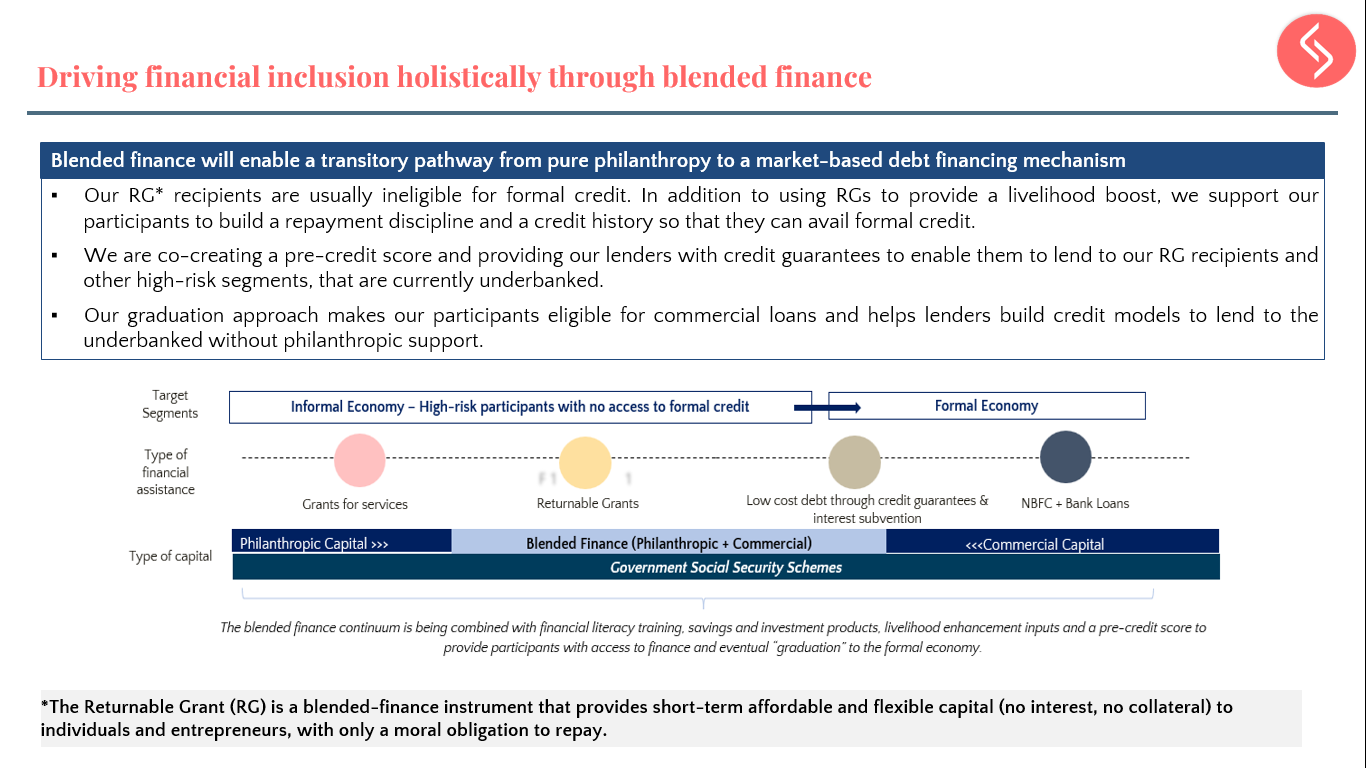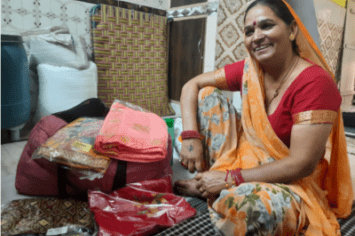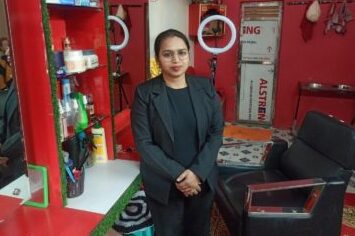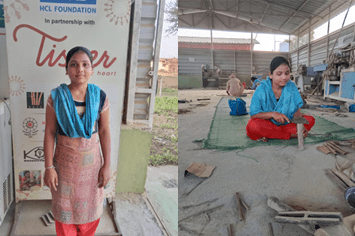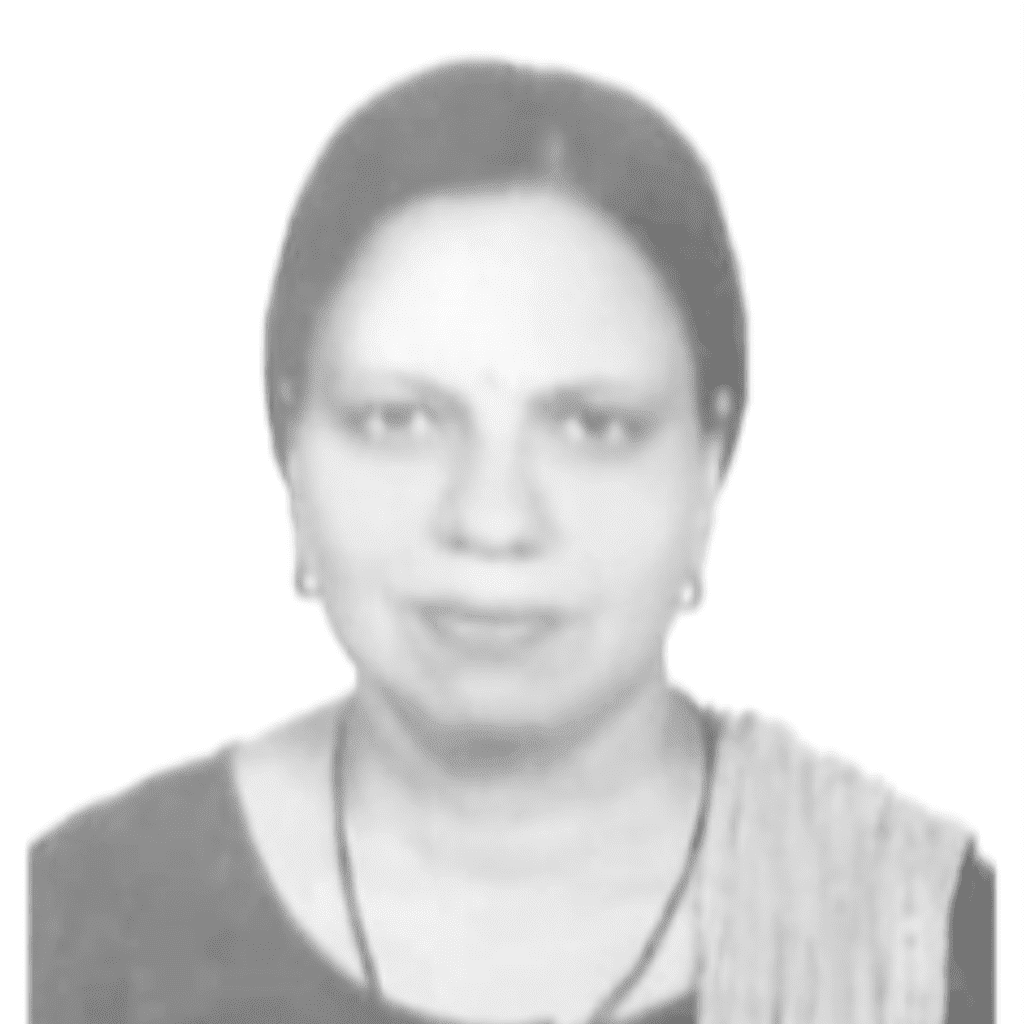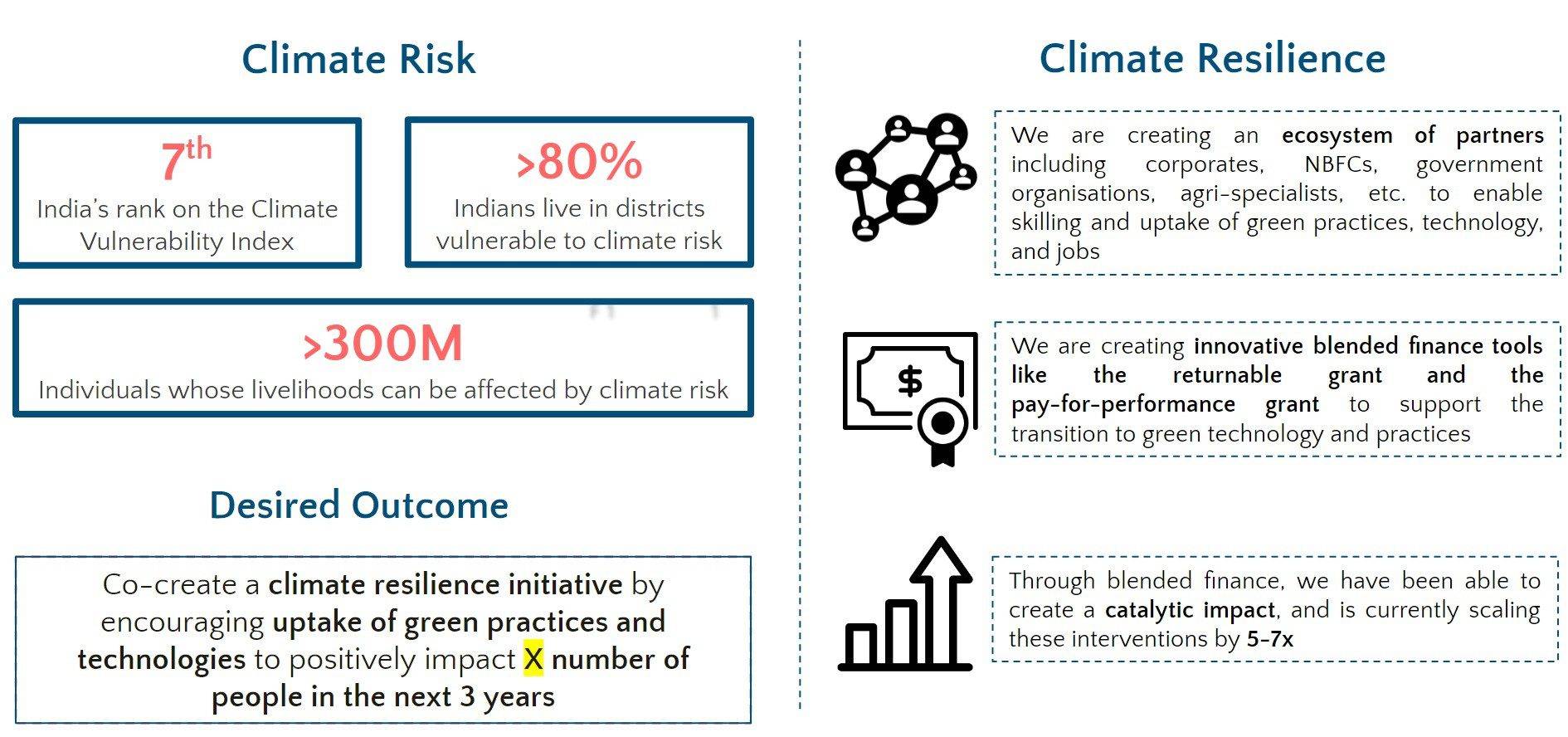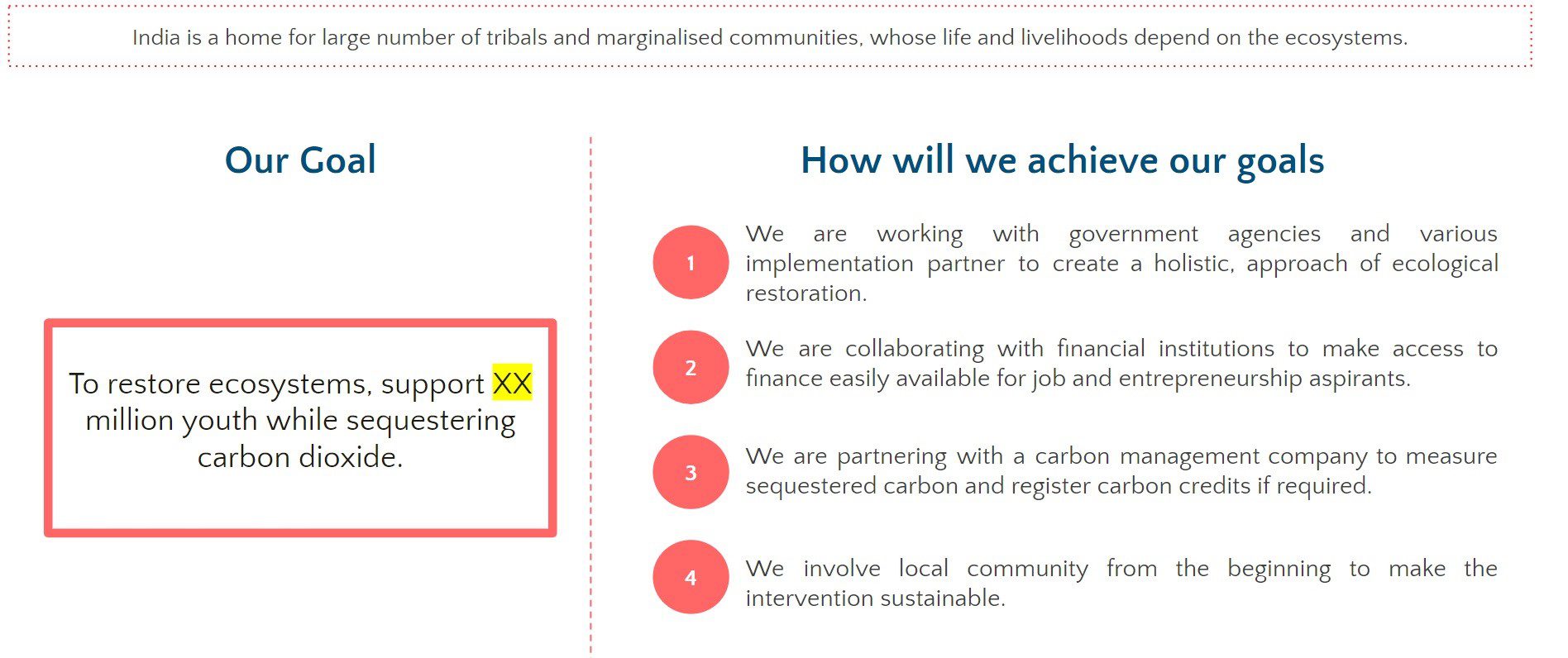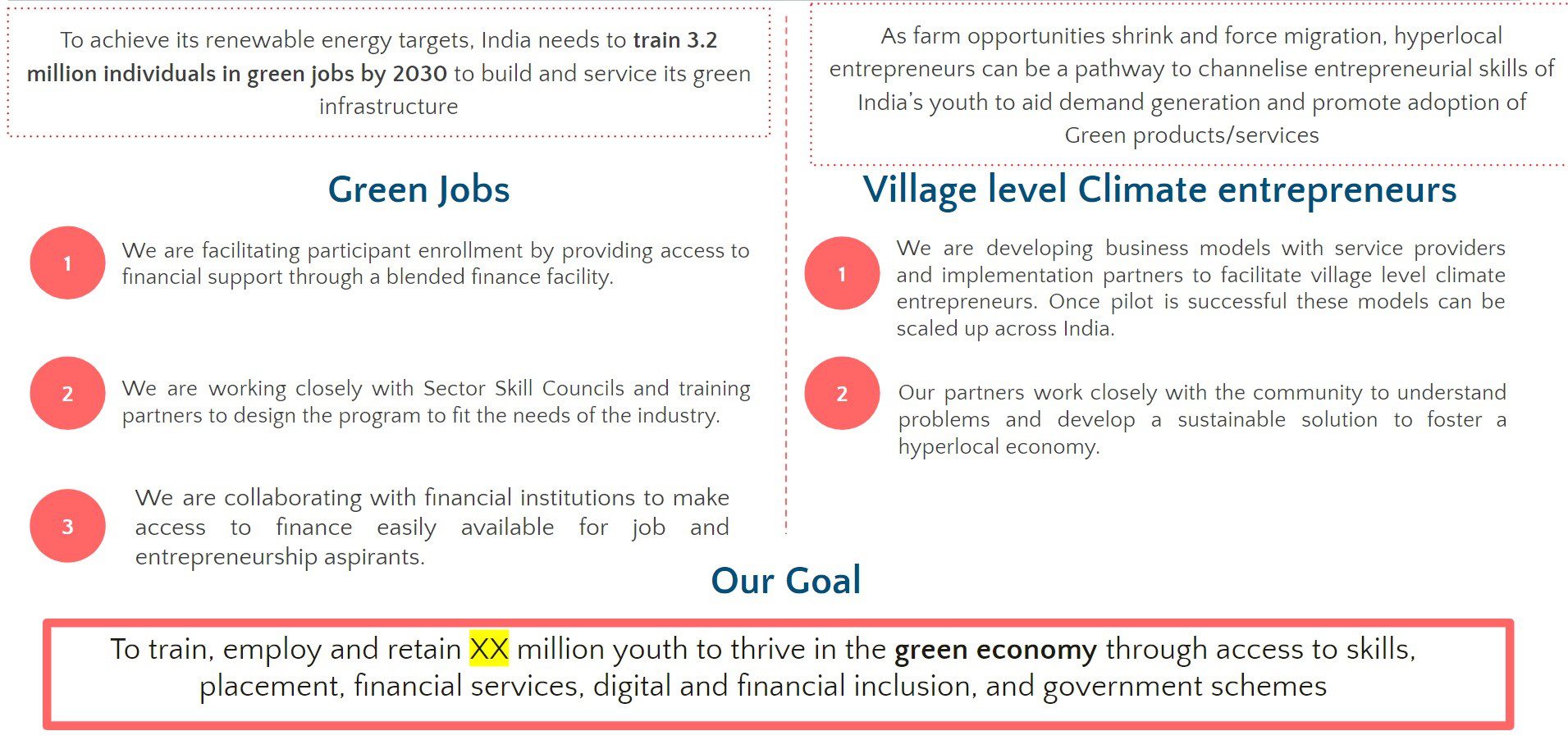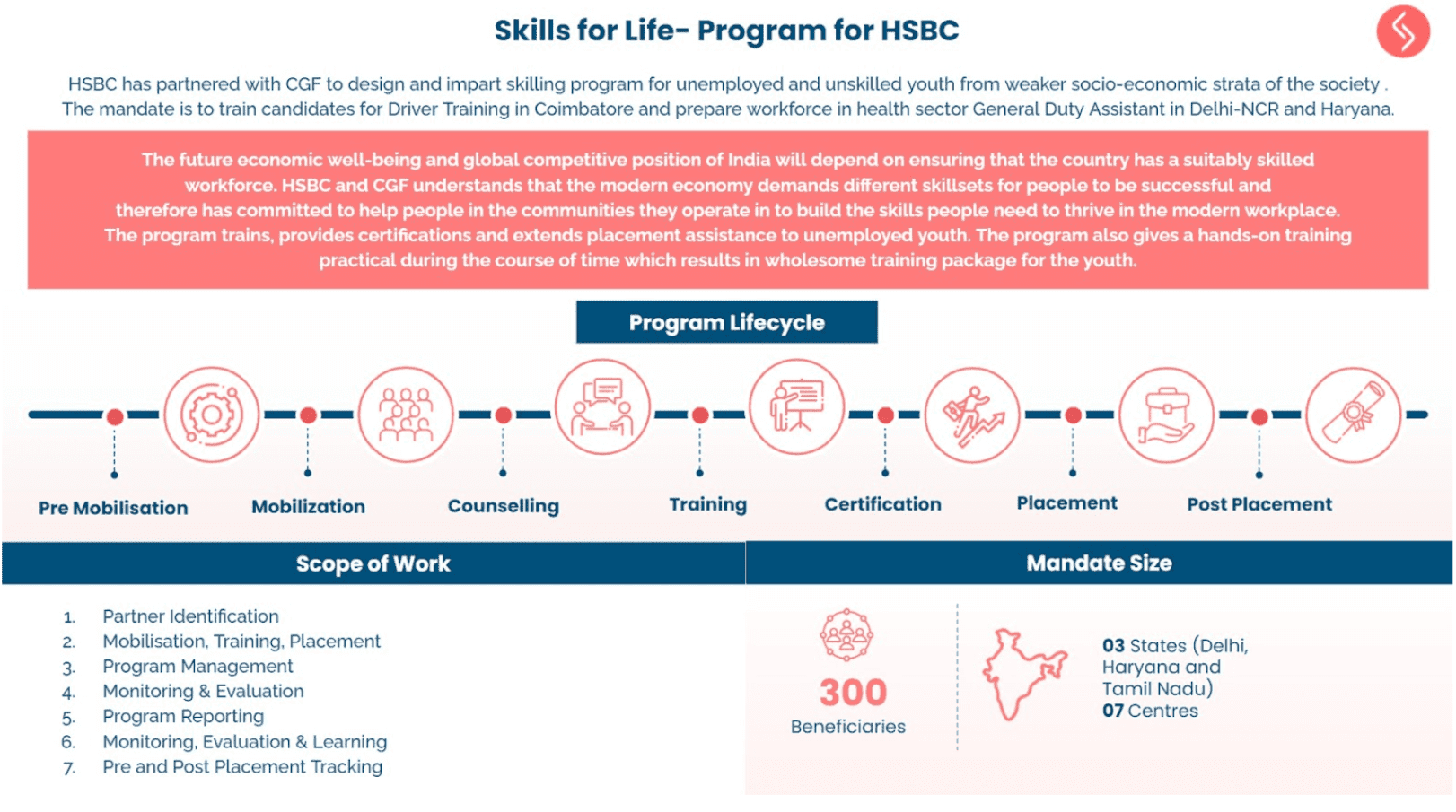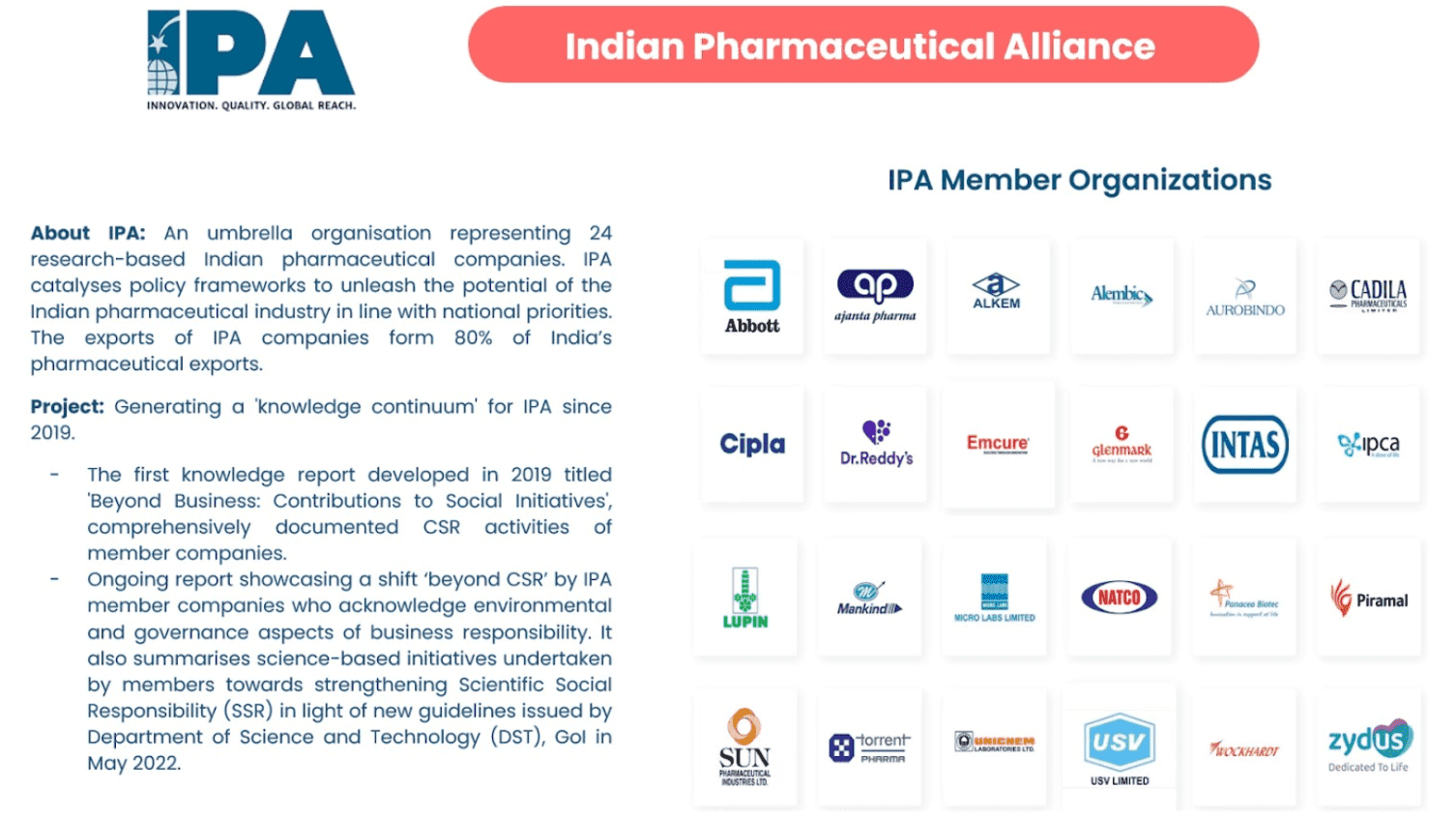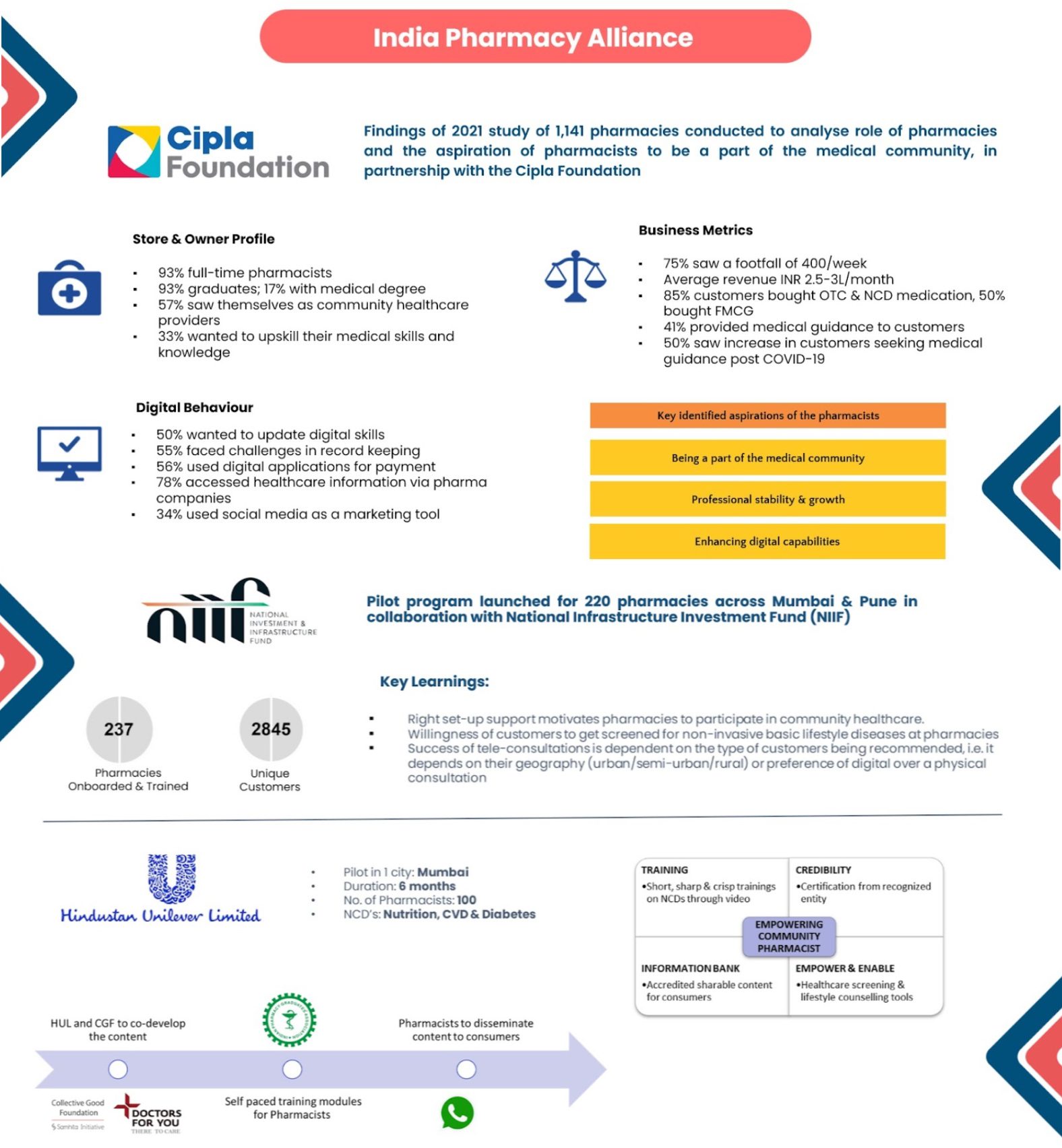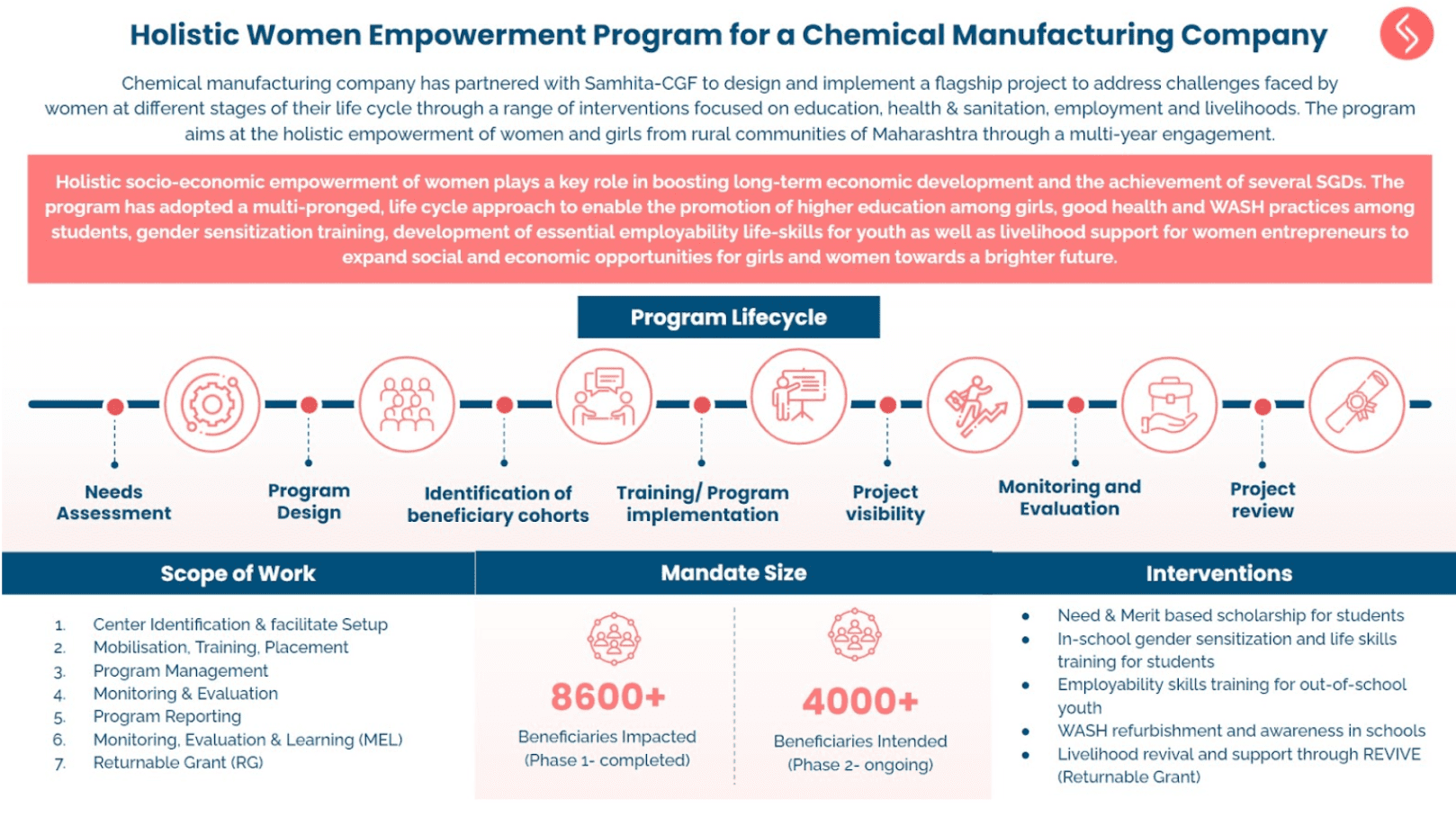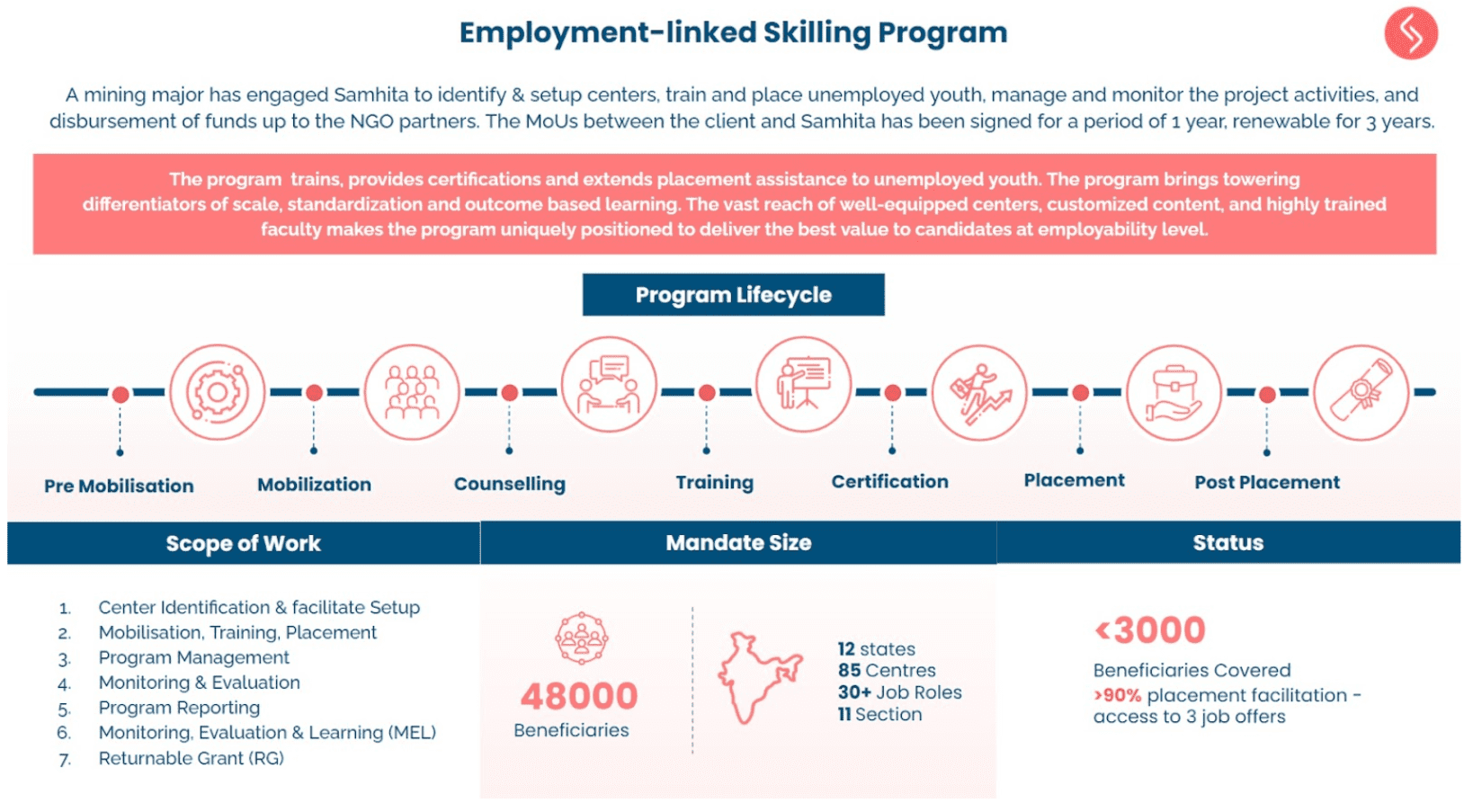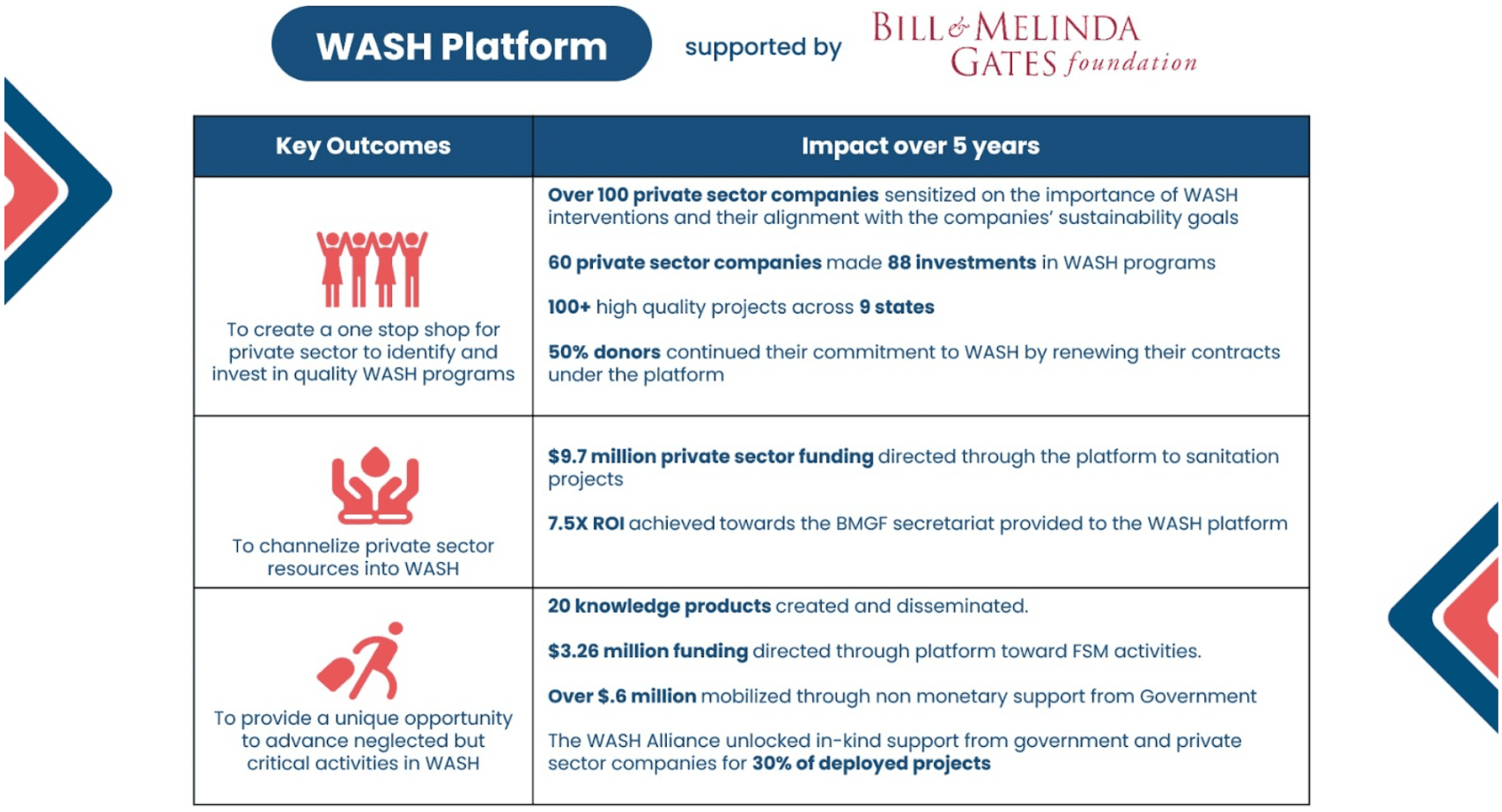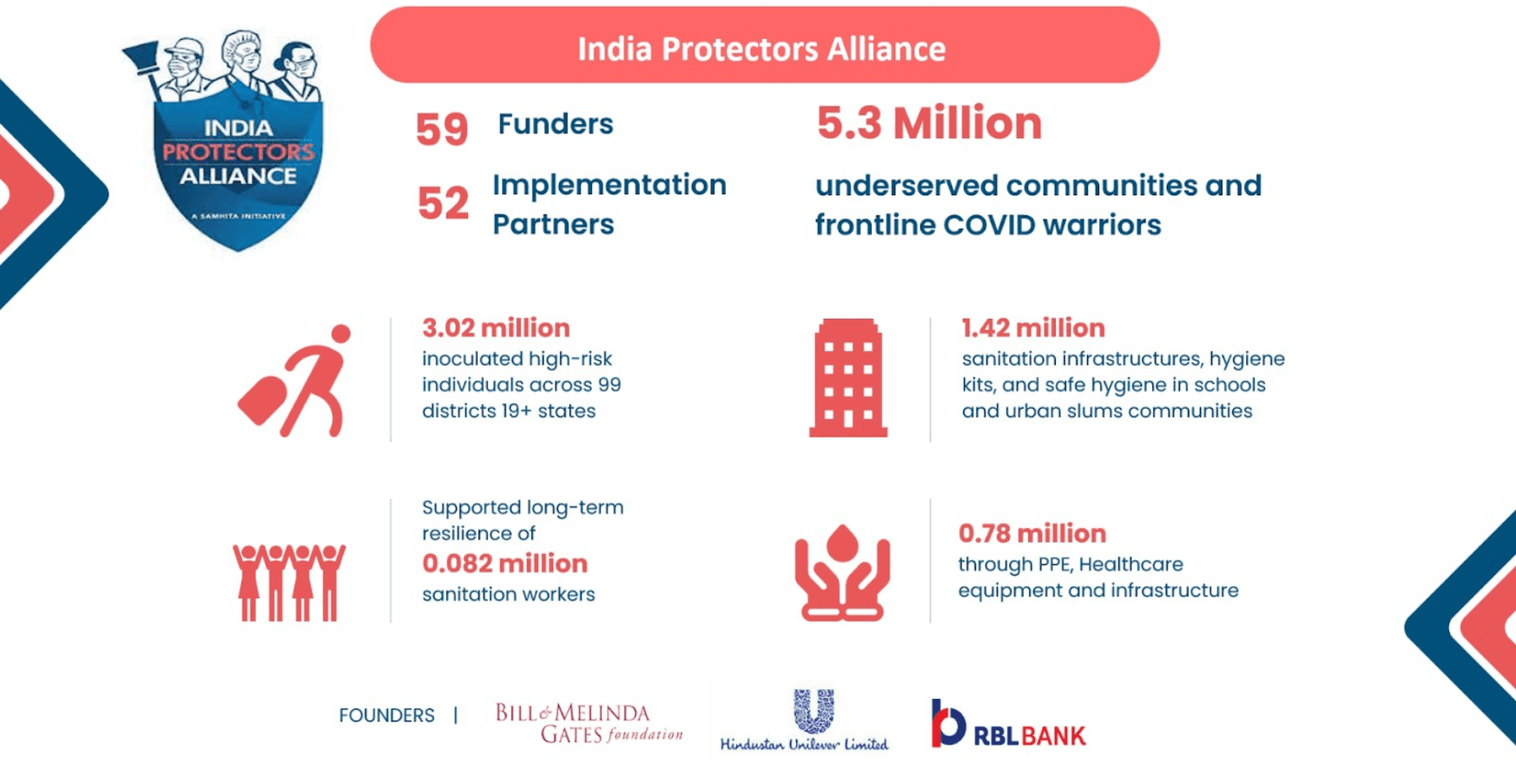We can’t have everything. Firing up the economy is a priority, but so is controlling the spread of the disease. Businesses have challenges and need to be rescued, but not at the cost of our workers. Indian corporates are posed with an enormous opportunity to intervene. Corporates today stand at a crucial juncture and have a chance to serve the supply chain, implored businesses, the last producers and aid them in collectivisation, help them with technology, enhanced productivity trainings and more.
While navigating the Covid-19 pandemic and its impact on the economy, industry and society, Samhita Social Ventures and IDFC Institute co-hosted ‘Leaders with Purpose’ — a webinar series aimed at exploring how Samaj, Sarkar and Bazaar can come together at this unprecedented time and reimagine solutions to benefit both business and the socio-economically vulnerable.
Speakers:
Prof. Esther Duflo, Nobel Laureate, MIT Professor and Director, J-PAL
Sanjiv Mehta, Chairman & Managing Director, Hindustan Unilever Ltd
Nisaba Godrej, Chairperson Godrej Consumer Products
Dr. Rukmini Banerji, CEO, Pratham
Renana Jhabvala, National Co-ordinator, SEWA
Dr. Esther Duflo said, in our first webinar, that it is essential for government, business, and NGO stakeholders to focus on cash transfers to economically vulnerable populations to avoid entering into a “society-wide poverty trap” in India. Dr. Duflo said “this is something business should be keenly interested in and very much behind it, not just because it’s the right thing to do morally, but also because I think it is the most responsible thing to do economically…self-interested business should be very much lobbying for this cash transfer.”
“We have – both Abhijit Banerjee and I – really insisted on the need for the government to act quickly and swiftly to prevent a lot of people who are not ultra-poor but merely poor, or maybe not even poor…to avoid those people to completely collapse back in a situation where it would be much harder to get out,” Dr. Duflo said of her own and fellow Nobel laureate’s views. “That in a sense is something that would affect them personally – an individual poverty trap – but can also create society-wide poverty traps.”
Ms. Renana Jhabvala reiterated Ms. Duflo’s recommendation of DBTs (Direct Benefit Transfers) as an effective way to promote wellbeing and resilience in low-income communities, and remarked on the importance of strengthening the systems through which the funds can be accessed. SEWA’s research has shown that the poorest really benefit from regular cash transfers, not very large, that come at regular intervals, and can transform lives completely. Largest experiment in MP showed this – bottom 25% really benefited. “We went back 5 years after 1 year of cash transfers, and we found the effects were still lingering, and they were still as well of due to that one year… This has come out so clearly in this crisis – if we’d had a way to transfer a certain minimum to every person who needed it, or below a certain income level, it would make a huge huge difference in their lives.”
In lieu of the crisis, Ms. Jhabvala made an extra plea on the need of a real coordination among corporates, NGOs, and government to usher into larger benefit of the society. Other cohorts of vulnerability, the elderly, widows, single mother who can not access support all need to be identified. “In just a few days, we reached 70,000 people because of this coordination, and if it can continue, it could make a huge difference.”
The webinar session saw all panelists collectively stressing the importance of effective multi-stakeholder collaboration and cooperation to ensure last-mile service delivery to those most at risk. Ms. Nisaba Godrej and Mr. Sanjiv Mehta remarked on the importance of business leaders considering the safety and security of workers in manufacturing and distribution networks, and working in tandem with NGOs to identify and deliver support to the most vulnerable communities.
Mr. Mehta of HUL, encouraged Indian companies and iterated HUL’s inclusion of its networks in their circle of influence and responsibility. The safety measures implemented in HUL’s factories, have been rolled out to their entire supply chains. It also goes beyond manufacturing – HUL distributes to households, to 95% of the households across society. Mr. Mehta laid emphasis on the need to train even retailers, and highlighted HUL’s. Suraksha programme which gives them guidance on how to operate safely.
Dr. Duflo commented on the opportunity the pandemic has presented to rethink and transform India’s education system, and the importance of not rushing back to pick up curriculum where it was left off. Dr. Rukmini Banerji echoed this, saying “there should be no rush…into the curriculum; we need to spend this time to really build our foundations again…most Indian children needed this building of the basic reading, basic arithmetic – and let’s take our time to do that.” She also stressed that though schools have been closed, children have been learning a lot about how to manage crises and scarcity by watching their families and communities’ reactions to the COVID-19 pandemic, and that adults should “need to spend time in learning from children what they have learned so that we can then build on that.”
The key takeaways of the webinar are available over here.
The full recording of the webinar is available at http://bit.ly/LeadersWithPurpose
For more information, please contact csr[at]samhita.org
